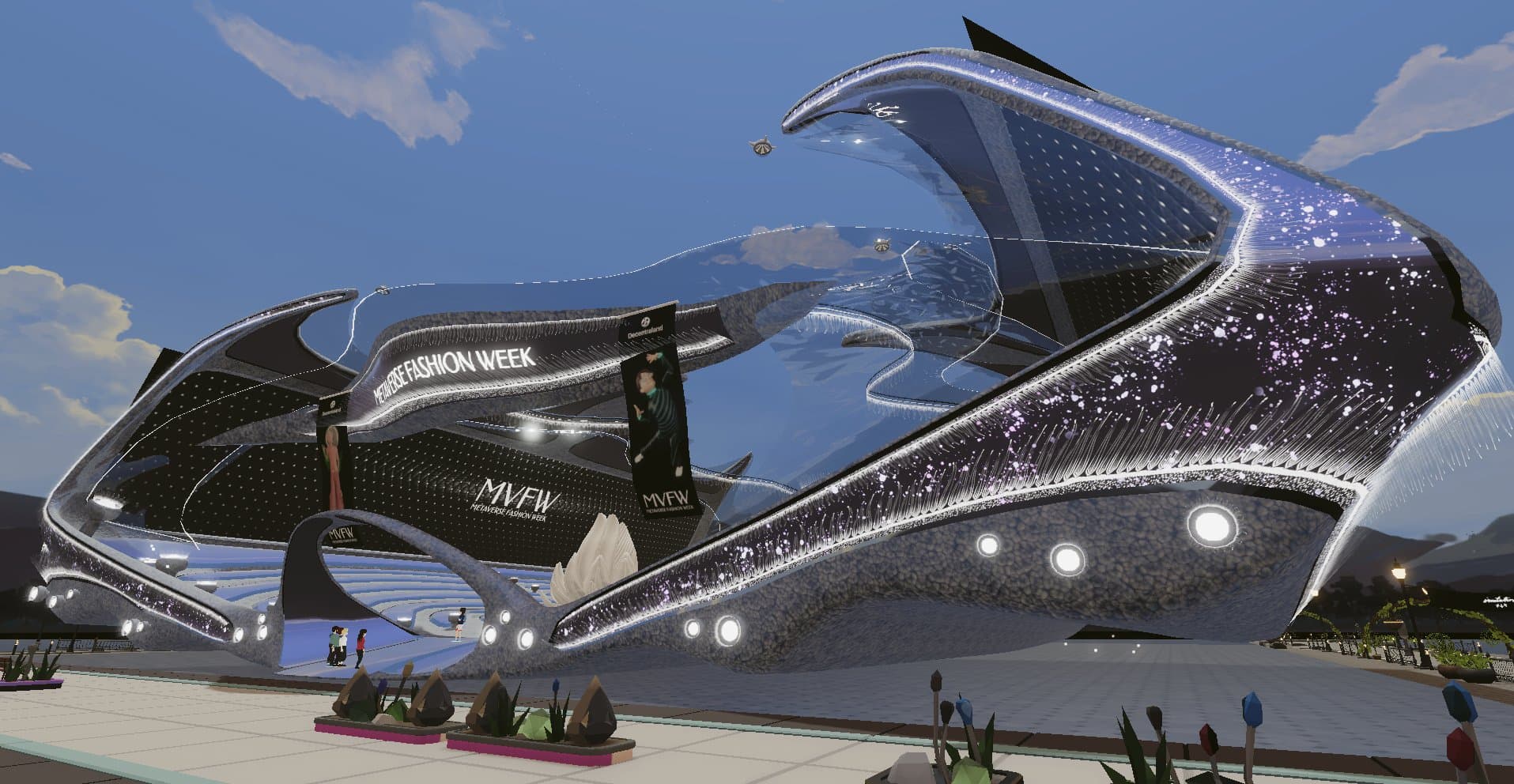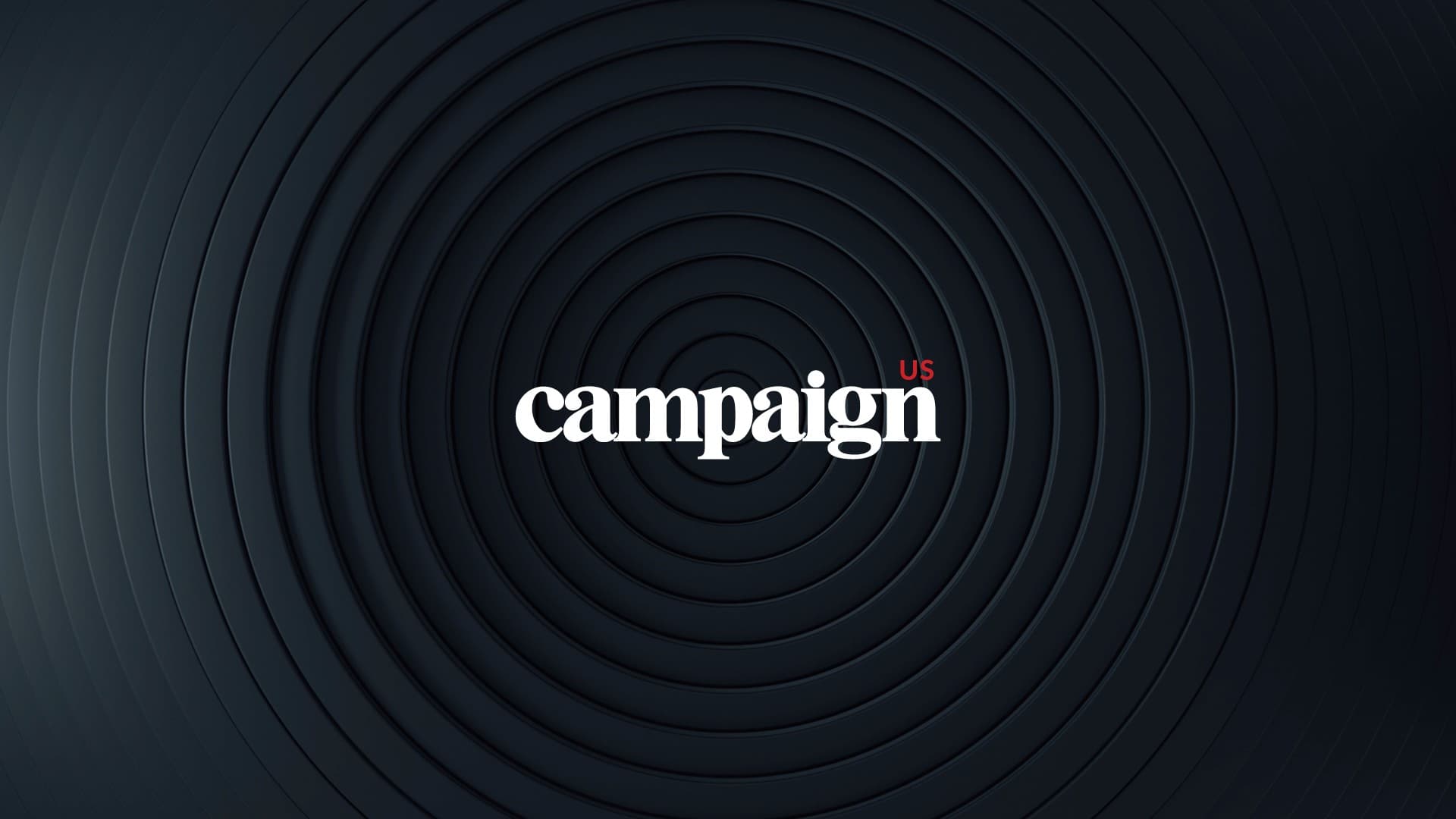Accessibility Tools
PMG Digital Made for Humans
How Brands and Big Tech Are Responding to the Russia-Ukraine Crisis
2 MINUTE READ | March 2, 2022
How Brands and Big Tech Are Responding to the Russia-Ukraine Crisis
Bradley Cooper, Senior Content Writer
Bradley Cooper is the founder and CEO of ContentP, a content creation company. She’s been a content marketer for over 10 years and has written for PMG, Forbes, Entrepreneur, Inc, and many other publications on blogging and website strategy.
Tech platforms are serving as critical information environments amid the Russian invasion of Ukraine as journalists and private citizens continue to share updates from the front lines, while millions of users around the world “watch the chaos unfold from the ground,” crowdsource aid and call on governments and influential leaders in the global community to act. As Russian officials attempt to throttle internet access for users in the region, the global safety teams at Meta, Twitter, TikTok, Reddit, and Google have responded to the web of international sanctions and an unprecedented flood of online activity with special operations centers and updates to help maintain the safety of users and address potential misinformation, disinformation, and other harmful content.
According to a PMG analysis with NetBaseQuid, “Ukraine”, “Russia”, “Putin” and “Invasion” have remained the top trending keywords in the U.S. across social platforms since late last week, with mentions topping 20 million and potential impressions reaching 454 billion, as the conflict remains top of mind for millions of people.
As of Wednesday, companies across sectors are also divesting from operations based in Russia in protest of the Russian invasion of Ukraine. The Wall Street Journal reported that, so far, Apple, Ford, and Dell “joined the roster of companies retreating from Russia, while other global businesses, including Volkswagen, warned of further supply disruptions following the country’s invasion of Ukraine.” Exxon Mobil joined BP in announcing the companies would exit a multibillion-dollar oil and gas project in Russia and would halt further investments in the region. To comply with international sanctions, Mastercard and Visa have blocked Russian financial institutions while Maersk, one of the world’s biggest container shipping operations, announced the company would temporarily suspend services to Russian ports, though the company would “continue to move foodstuffs to and from Russia.”
So far, platform updates in response to the Russia-Ukraine crisis have included:
Reddit cracking down on misinformation across the platform, quarantining r/Russia and r/RussiaPolitics. Users must acknowledge the content prompt in order to access the subreddits.
YouTube demonetized Russian state-funded media channels, like RT (formerly known as Russia Today), preventing these channels from earning ad revenue on the platform.
Similarly, Meta banned Russian state media from running ads anywhere in the world, while Facebook removed a Russian misinformation network.
Ads on Twitter have been temporarily paused in Russia and Ukraine to ensure that “critical public safety information is elevated and ads don’t detract from it.”
Snap is halting ad sales to all Russian entities and “complying with all sanctions targeting Russian businesses and individuals.”
Google disabled Maps traffic data in Ukraine to help protect citizens and journalists in the area.
Related: Netflix says it will not stream Russian propaganda channels.
In communications with the PMG team, Meta, Twitter, and TikTok, among other platforms, detailed how internal safety teams were monitoring developments in Ukraine and the subsequent humanitarian crisis of refugees entering neighboring countries, quelling coordinated disinformation campaigns, and taking additional measures to ensure brand safety for advertisers.
Stay in touch
Bringing news to you
Subscribe to our newsletter
By clicking and subscribing, you agree to our Terms of Service and Privacy Policy
“As with any global event or crisis, our teams are closely monitoring the situation and how users are responding across platforms, ensuring brand safety standards are maintained and the best interests of brands and their consumers are top of mind,” said Carly Carson, director of social at PMG. “We’re in constant communication with our partners like Meta, Google, and TikTok to make the necessary adjustments on blocklists and remain ready to pull any other brand safety levers as the situation in Ukraine and Eastern Europe continues to evolve.”











